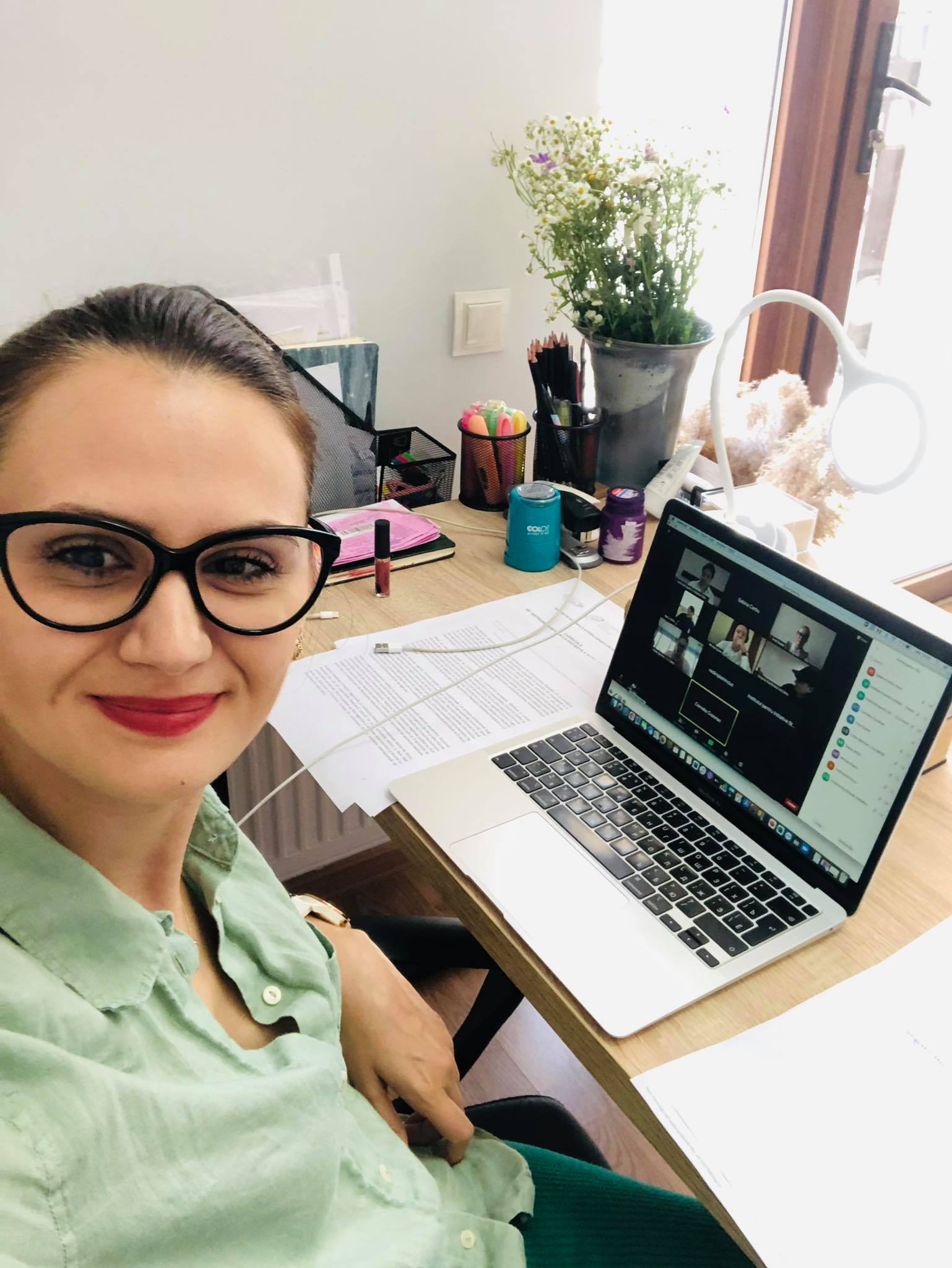IPIS’ analysis: In the midst of pandemic, the Government raised one-third of planned grant assistance

International loans provided in 2020 to Moldova by external partners kept the country’s budget afloat. In the form of loans, Moldova received 418 million euros, while non-repayable assistance amounted to about 33 million euros.
In 2020, the government managed to attract one third of the total planned grant from international financial institutions.
Mircea Eşanu, expert in the field of public policy: According to rough estimates, since the beginning of the pandemic, that is, since May 2020, the total amount of gratuitous financial assistance received by our country is 730 million lei, which is about 33 million euros.
External financial support has kept the country’s budget afloat and is likely to remain the most significant source of covering the financial deficit in 2021. The International Monetary Fund, the European Union, the World Bank and the Development Bank of the Council of Europe provided Moldova with €418 million in loans.
Mircea Eșanu: The impressive grant amount actually makes it clear how sad our health care system looks. This is the result of a lack of funding for this industry for decades.
The expert stressed that Moldova lacks a public platform on which to keep a full record of loans, projects and donations received both from abroad and within the country.
Attorney Sabina Cerbu stressed that during the pandemic, it was not clear who was overseeing the external support.
Sabine Cerbu, Attorney: It seems like the Ministry of Finance should be doing this, but I understood from the Emergency Commission’s decision that there is an external support Coordination Centre to address the effects of the COVID-19 pandemic. There is no other information about this center.
Inna Shupak, Executive Director of IPIS: On the official page of the Government and the State Chancellery, nothing is said about the work, meetings, members, decisions or recommendations of this Center.
Inna Șupak recommends that the Ministry of Health, Labor and Social Security reconsider the way of presenting information on external funding and show the whole trajectory of distribution of each humanitarian aid.
Analyzing the procedure of public procurement during the state of emergency, Sabina Cerbu stated that deviations from the law were made in order to accelerate the procurement of essential medical equipment. However, clear tools for monitoring these purchases have not been created.
Sabine Cerbu: “We have not seen a single report of a criminal case being opened to investigate the public procurement process, although information about a number of violations was available in the public space.
Among other things, the expert recommends the development of an online platform where all information about measures and restrictions taken during the COVID-19 pandemic will be collected.
“In general, Moldova was quite disciplined in terms of the use of funds. However, there is still a lot of work to be done on transparency and accountability,” concluded IPIS Executive Director Vadim Pistrinciuc.
This analysis was made within the framework of the project “Enhancing Moldovan civil society effort in monitoring the IFI crisis COVID-19 related funding”, which is implemented with the financial support of the Soros Foundation Moldova.





 Română
Română Русский
Русский